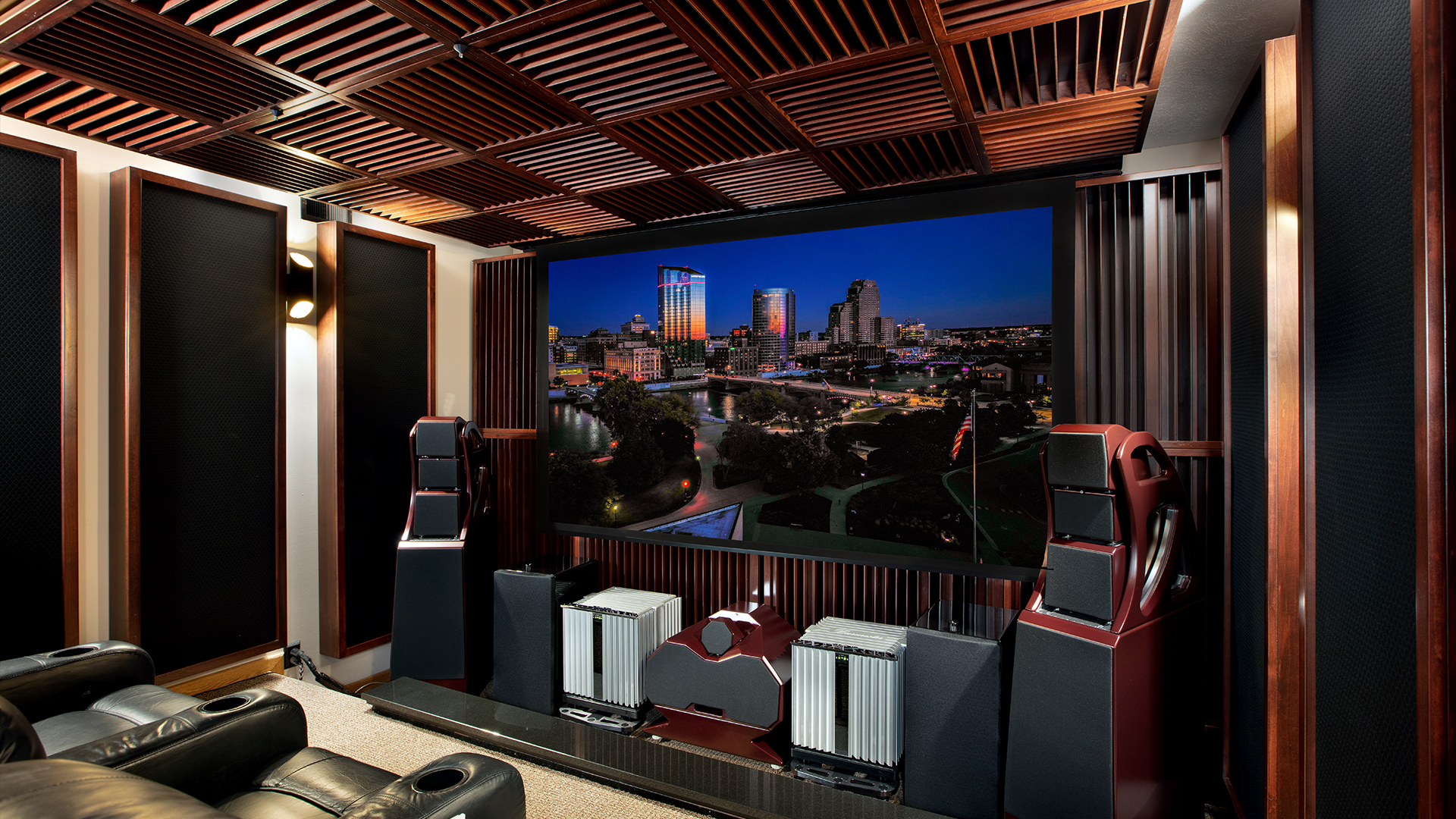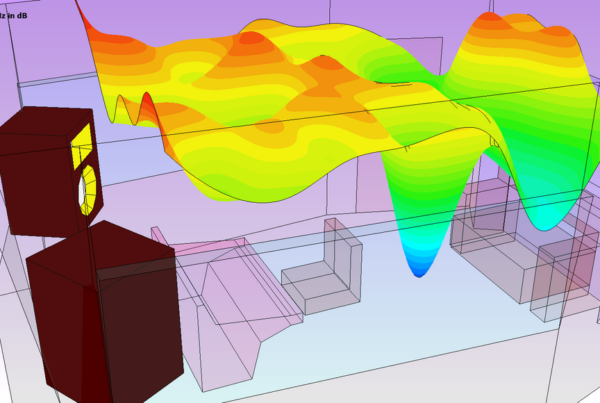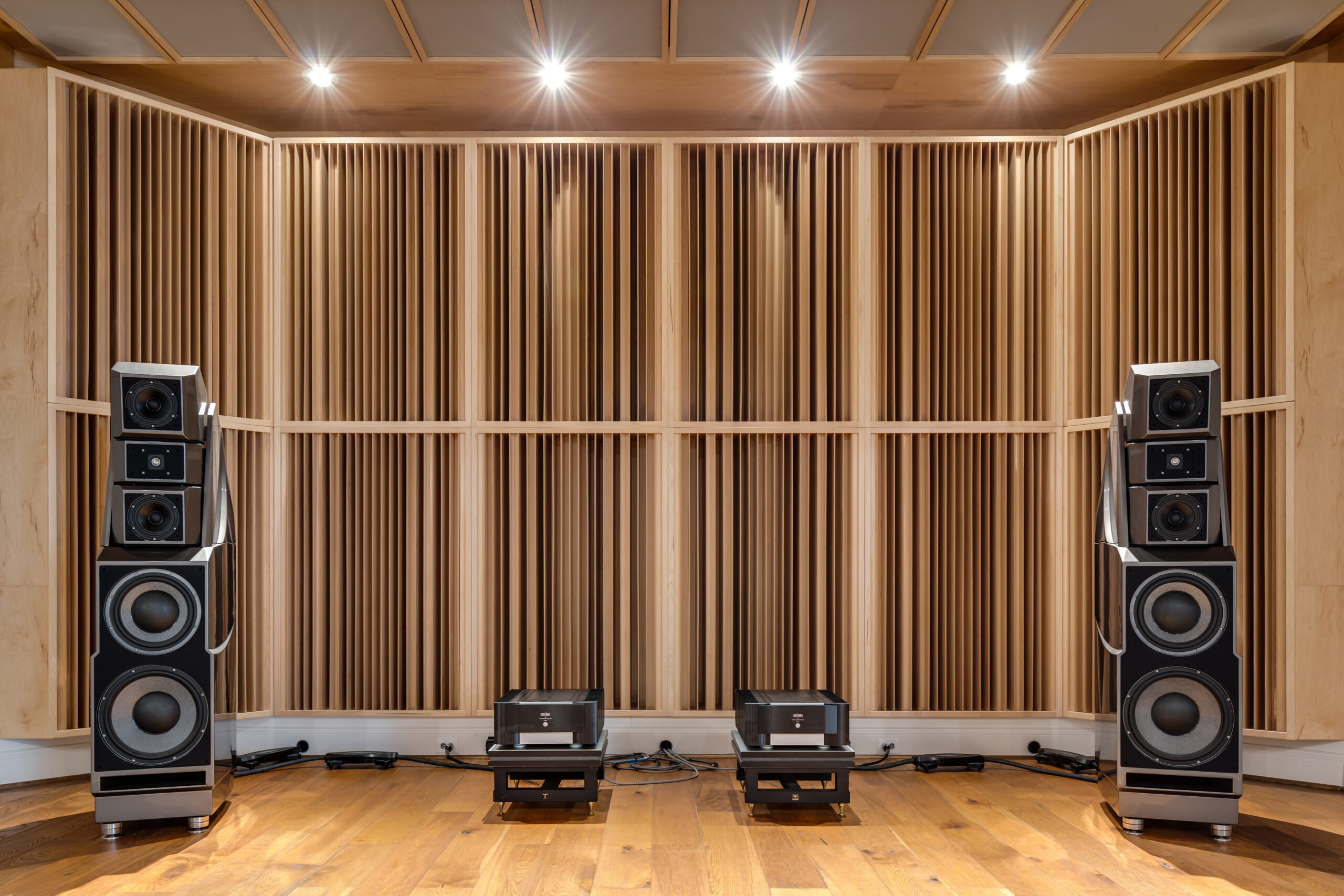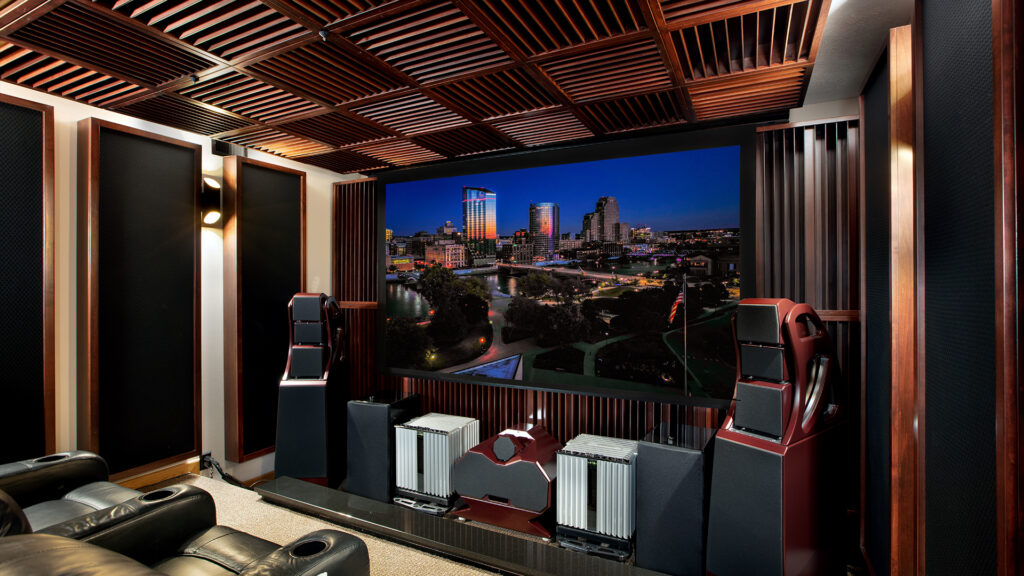
Table of Contents
Introduction
The search term home theater kit is confusing. Is it a home theater kit that is about electronics? Are we discussing or searching for information regarding multiple channel systems with subwoofers as part of our home theater kit. Is the information desired in this home theater kit the absorption and diffusion treatment technologies to manage the low, middle, and high frequency energy that will be placed within the home theater room.
Are we building a home theater kit with electronics or room treatment? Let’s make an assumption and start with the search term home theater kit to mean absorption and diffusion treatment for the energy inside our home theater.
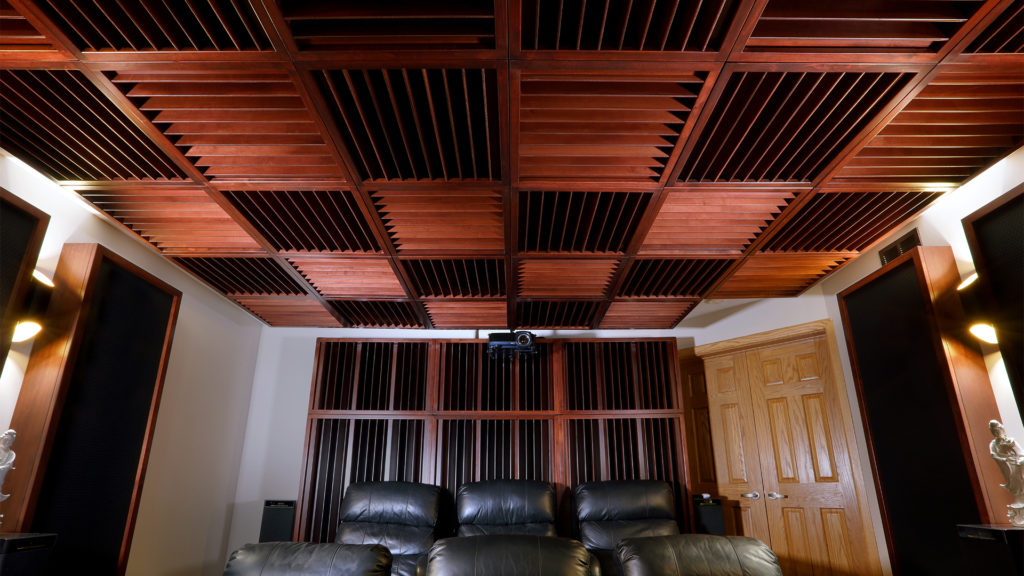
Balancing Low Frequency and Reverberation
In any room treatment technology, we are concerned with two main issues. We have lower frequency pressure and middle and high frequency reflections to contend with. Low frequency unwanted pressure issues in small rooms deal with energy below 100 hz. Energy above 100 hz. is ray energy and is smaller in length and reflects off the room boundary surfaces. The unwanted pressure produces room modes which can exaggerate certain octave bands and eliminate others completely.
The reflections from the walls, floor, and ceiling all combine to produce distortion in the form of reverberation. Reverberation is defined as to how long a sound stays around within the room after it has been sung, spoken, or played. High reverberation times have a negative impact on speech intelligibility which is defined as to how many words in a ten word sentence you can clearly hear.
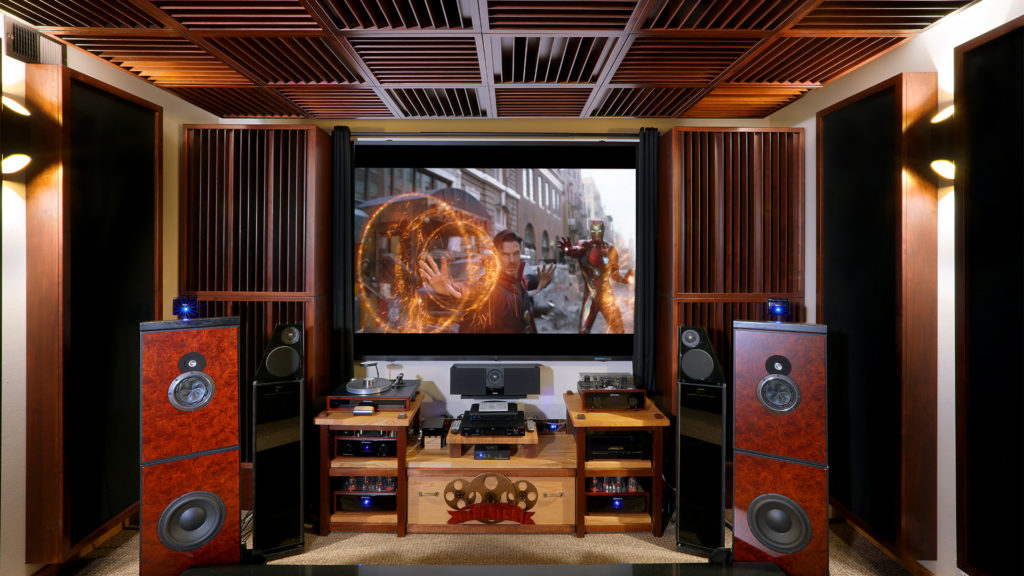
The Power of Sound Absorption and Diffusion Technologies
To treat any home theater or be part of any home theater kit for treatment, we have two main technologies we can use. We can use sound absorption or sound diffusion. Sound absorption works by reducing the strength or amplitude of the energy. It can work for unwanted low frequency pressure along with middle and higher frequency reflected energy.
Absorption technology must have the proper rate and level of absorption. Not all sound absorption products are created equally. Music and voice require a smooth linear rate and level of absorption. The chosen sound absorption technology must go low enough and get enough when it comes to all three energy ranges: low, mids, and highs. Treatment effectiveness is all about TAP.
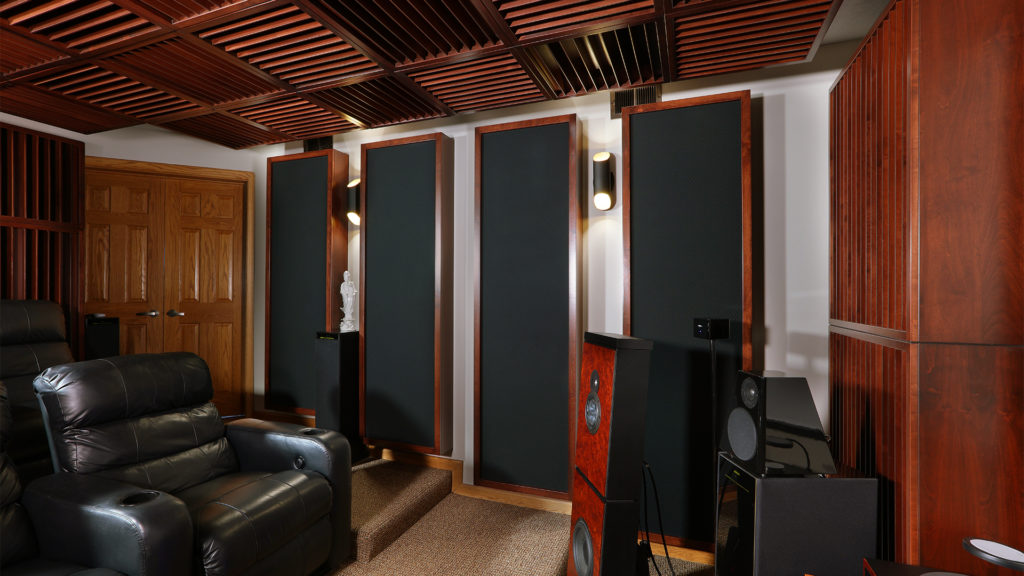
TAP Approach for Effective Room Treatment
TAP stands for type, amount and position. The type of treatment you use must be the correct type. We have only two. They are absorption and diffusion. You must select the proper type of treatment to match the chosen usage of the room along with the acoustical issues the room dimensions produce. The amount of treatment will determine how much of the unwanted energy you will be able to absorb. Most rooms for low frequency absorption require that at least 50 % of each wall be covered with treatment.
Middle and high frequency reflection management requires a similar 50% surface area coverage. The position of the treatment must be chosen to accomplish two objectives. First it must be placed or positioned within the room where it will be the most effective in managing the room acoustical issues. Second, it must be positioned in the proper places to accommodate the requirements of the room.
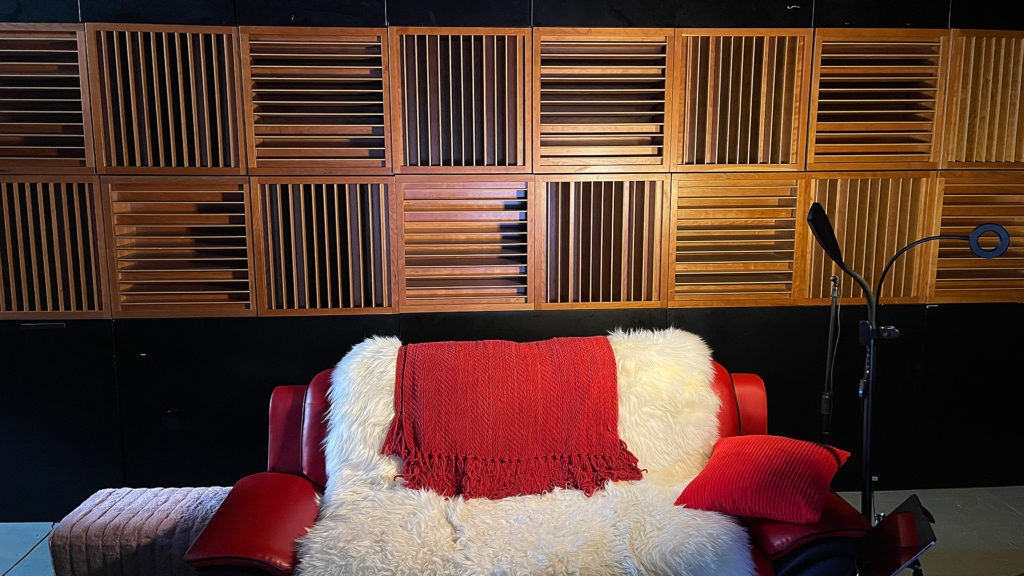
Expanding Room Perception
Diffusion is a technology that makes a small room sound larger. Diffusion takes larger reflections and breaks them down into smaller ones. When the strength of reflections is reduced by using diffusion. it is more difficult for our hearing brain systems to localize distance. When this occurs our brains believe that the room is sounding larger than its physical dimensions would indicate.
In our studio, our back wall is 6′ behind the listening position. It is covered with quadratic diffusion. We ask people how far away does the rear wall sound to you. Most guess 12 – 15′. This is a part of the science of psychoacoustics. At Acoustic Fields, we can assist you with your room treatment TAP.


